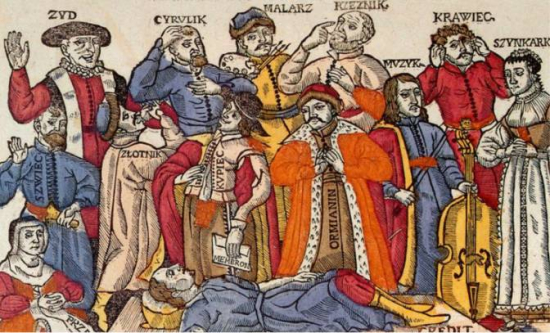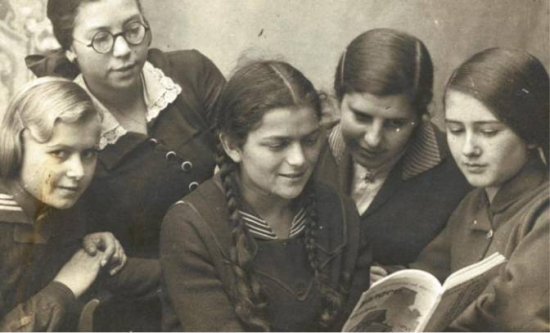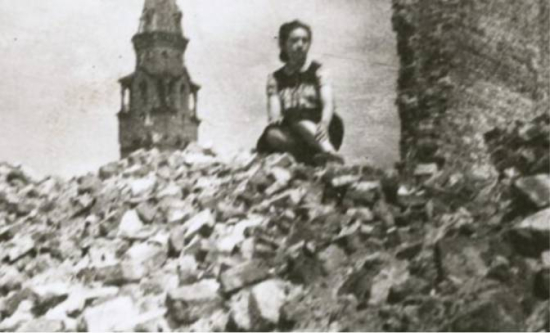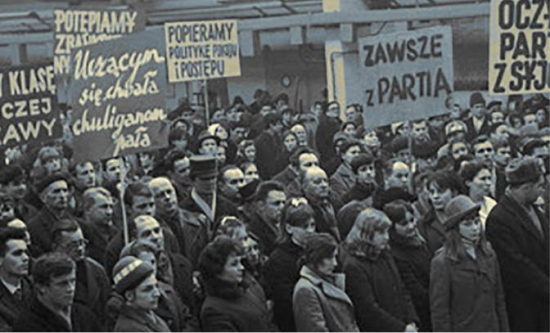In Dialogue: Polish-Jewish Relations
The current Poland, a medium size European country with a predominantly ethnically Polish and Roman Catholic population, obscures its longer history. For hundreds of years Poland was not only the largest state in Europe, but also one of its most ethnically culturally diverse states. It was also a home of the largest population of Jews in the world. Since the end of World War II, with the loss of religious and ethnic groups, this complex past has been muted, if not forgotten.
This series of four events, jointly organized by the Institute for Israel and Jewish Studies at Columbia University, Fordham University, and the YIVO Institute for Jewish Research, explores the complex history of Poland, with its shifting borders, focusing in on a shared, but much misunderstood, past of Polish Jews and Christians. It provides historical and cultural tools to foster better understanding of Poland’s history, Polish-Jewish relations, and of the tensions between history and memory, exclusion and belonging, national ideologies, identities, and antisemitism.
The events featuring prominent scholars—among them Magda Teter, Brian Porter-Szűcs, Samuel Kassow, Paul Brykczyński, and Piotr Wróbel—cover the history of Poland and Polish Christians and Jews from the pre-modern period through the current times. The series will end in a daylong symposium at the YIVO Institute for Jewish Research discussing Polish-Jewish relations in the post-war era, touching also on contemporary issues including Poland’s controversial law concerning World War II and the Holocaust that, according to the U.S. State Department, “could undermine free speech and academic discourse.”

|

|








